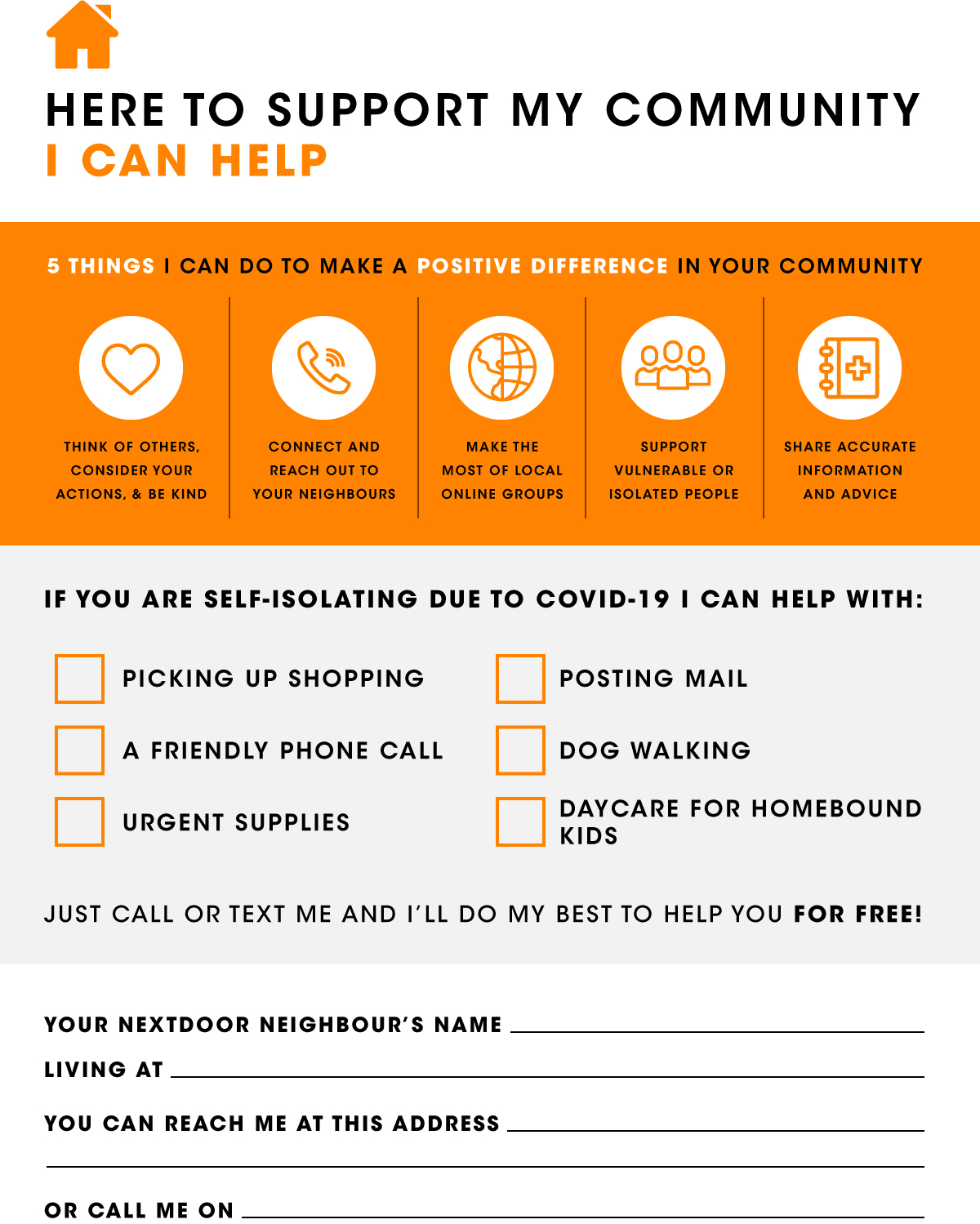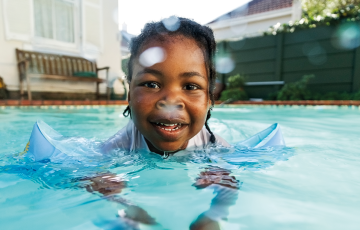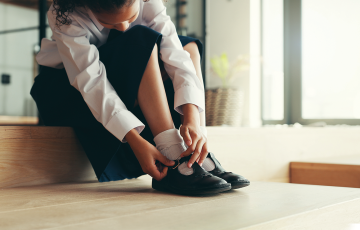Killing Covid-19 with kindness

By now we all know that coronavirus (COVID-19) has been sweeping the globe recently, so precautionary measures have been put in place by national and regional governments.
We must all wash our hands regularly with soap – for at least 20 seconds – not touch our faces and keep contact with other people to a minimum, which means not travelling.
The people who are most at risk of being infected with COVID-19 are the elderly and those who have compromised immune systems, such as those with TB, HIV, cancer, diabetes or other health conditions that mean their resistance to disease is weakened. Pregnant women might also be more at risk – although their immunity isn’t compromised in the normal sense, changes in their immune system might make them more likely to be affected by certain germs, including viruses.
Another one of the cornerstones of beating the virus is to avoid large gatherings of people – which means everyone who’s at risk should stay at home. Fine for healthy young people who can still go out when necessary, but what about the others?
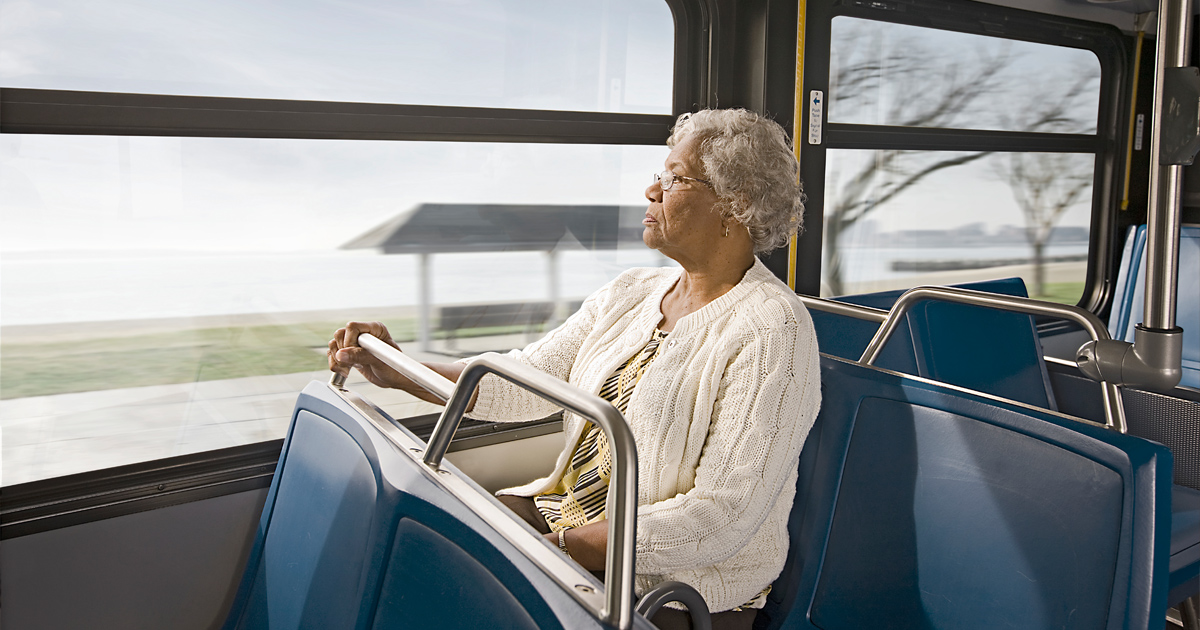
Maybe you have an elderly neighbour who used to take public transport to the shops for their weekly groceries. Maybe you have a young neighbour, but whose baby has compromised immunity because of a lung problem.
Now’s the time for kindness, people. Acting compassionately is actually good for us (see Jet Club magazine article, ‘How to play nice’ in the April-May issue), so it’s a two-way win.
In times of crisis, it’s always the acts of kindness that are remembered long after the dust has settled. This is when nations display their true colours – did they work together, for the benefit of everyone, or did they selfishly look after their own individual needs?
AFRICAN UBUNTU
We have many sayings, as Africans, about kindness and how we are all connected, and what affects one of us ultimately affects us all.
‘Kindness is a language that the blind can see and the deaf can hear.’
‘Together we stand. Divided we fall.’
And, in the words of Madiba: ‘It is in your hands to create a better world for all who live in it.’
‘Compassion binds us to one another – not in pity or patronisingly, but as human beings who have learnt how to turn our common suffering into hope for the future.’ – Nelson Mandela
The very essence of ubuntu is the idea that ‘I am because of who we all are’. So who are we? Let’s show the world our compassion and our commitment to helping one another through this hugely challenging time. Here’s what you can do to make someone else’s life a little easier.
KNOWLEDGE IS POWER
First, and most important, knowledge is power. And on the flipside, fake news is dangerous. There are all kinds of scary rumours out there that have absolutely no basis in fact. So find a reliable source of updated news on COVID-19, and if you have elderly (or young) neighbours who don’t have smartphones or computers so they can’t access the latest news and guidelines, make printouts for them, and give them helpline numbers they can phone if they have worries or questions.
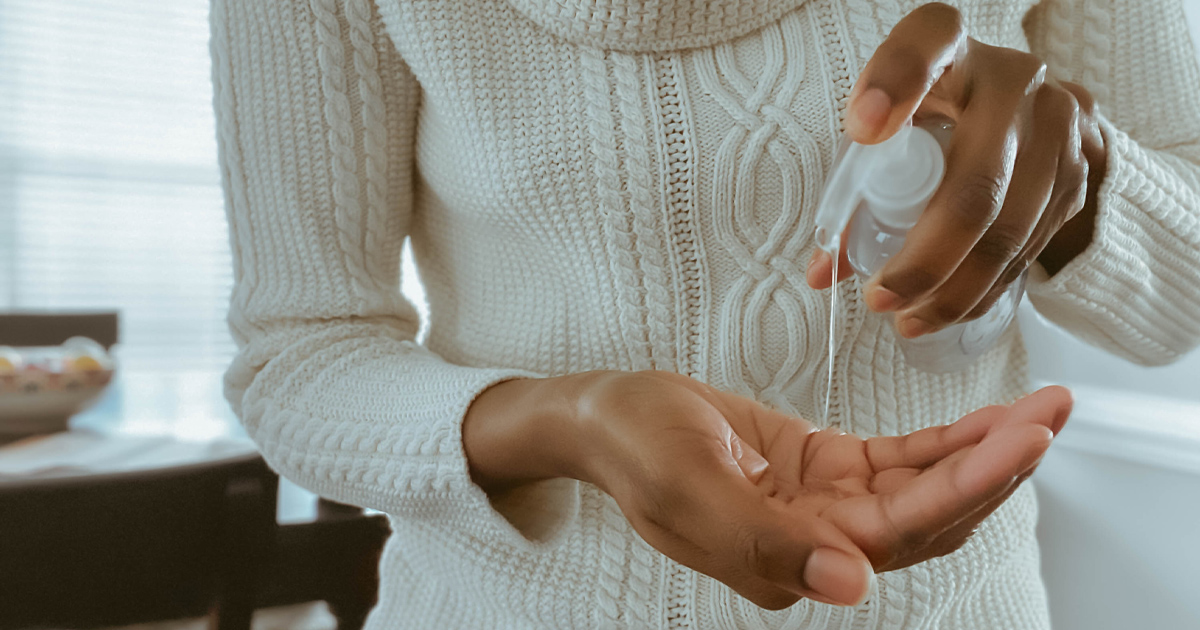
THE NEW NORMAL
• Because the ‘new normal’ is not hanging out among lots of people, especially for those at risk, offer to do shopping for elderly or vulnerable neighbours. Use hand sanitiser when you get to the shops and before you hand over their groceries.
Here’s how you can make your own hand sanitiser at home. Combine in a bowl 2/3 cups rubbing alcohol (99.9% isopropyl alcohol) and1/3 cup Aloe Vera gel. Stir. Decant into a soap or pump bottle. Give it a good shake every now and then!
- If you have a neighbourhood WhatsApp group, it can be used to offer services to those in need, from dog-walking to picking up prescription medication to daycare for homebound kids – or just for the vulnerable to post any special requests.
- In the same way, Facebook or WhatsApp groups can be used to share resources and information. Neighbourhood groups can be set up to post about goods on offer (in Australia someone had toilet paper to give away, and she was flooded with people wanting to help too, as well as those who wanted the toilet paper). Advice can also be posted for those with children who suffer from asthma or who have other relatives whose immunity is compromised. (Just make sure there are group rules – this is a forum for supporting one another, not for trolls with nothing better to do than criticise.)
- If you have a domestic worker, gardener or any other home employee, the law states that you must make the working environment safe for them, for instance by providing hand sanitiser. If they are sick and have to be isolated in their homes, you still need to pay them, according to businesstech.co.za.
- If an elderly neighbour is unable to collect their pension, offer to do it for them. According to gov.za, ‘If you are unable to collect the money yourself, you can appoint a procurater at the SASSA office, or give someone power of attorney to collect the grant on your behalf.’
- Support small local businesses. They are the ones who are hardest hit, financially, by COVID-19. Wherever possible, go to your corner store for milk or bread, and make use of any other services provided by small local operators.
- If you have any unused art or craft supplies, games, colouring-in books – or anything else that can help kids or adults who are homebound to while away the time – post them on your Facebook or WhatsApp group. The elderly who used to enjoy a daily stroll around the neighbourhood, but now need to stay inside, can get many hours of enjoyment out of your old wool and knitting needles – or that jigsaw puzzle that’s been lying in the cupboard for years. Check out our 3 easy science projectsto try at home article for more ideas.
- Specialists in their fields can spread their knowledge free of charge. If you were scheduled to give a lecture on nutrition, and it had to be cancelled because of the virus, why not share it online instead?
- The little things count. Let your vulnerable neighbours know you are there for them, even if they just want to chat for a minute. Make sure all at-risk members of your community are connected with the relevant phone numbers.
USEFUL WAYS TO HELP CHILDREN UNDERSTAND THE SPREAD OF THE VIRUS
Think of COVID-19 as a ball in a game. The ball is the virus. If it can be caught by someone near enough, they’ve caught the virus. If they are too far away to catch the ball, they are too far away for the virus to reach them.
Sources: The Guardian, kqed.org, News24
Related articles

Latest Jet club magazine
We’ve got the latest trends, exciting prizes and exclusive savings just for you!
Jet Club will not pass your details to anyone else. By clicking the subscribe button you confirm you have read and agree to the Jet Club Terms and conditions and Jet Club Privacy Statement.
Subscribe